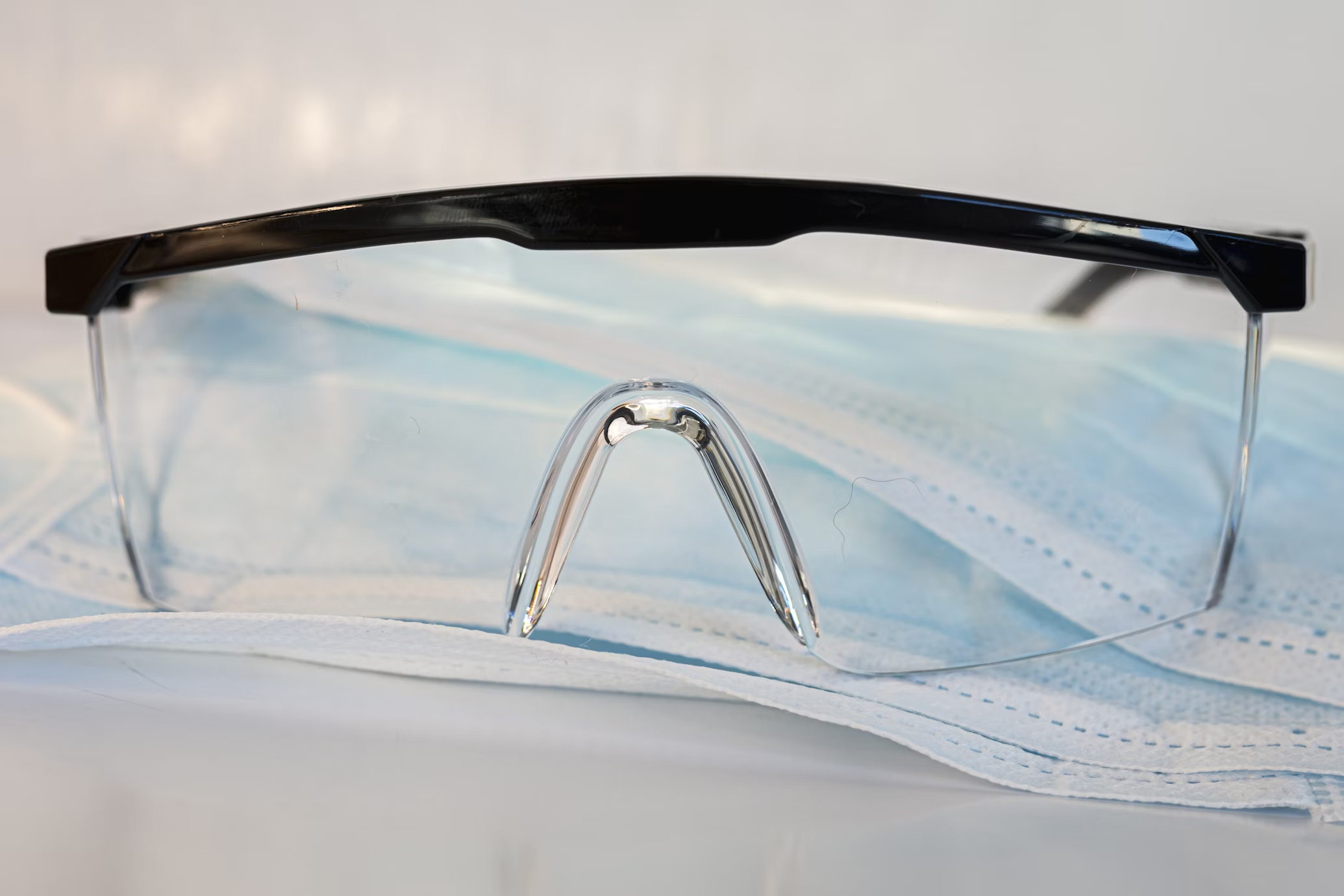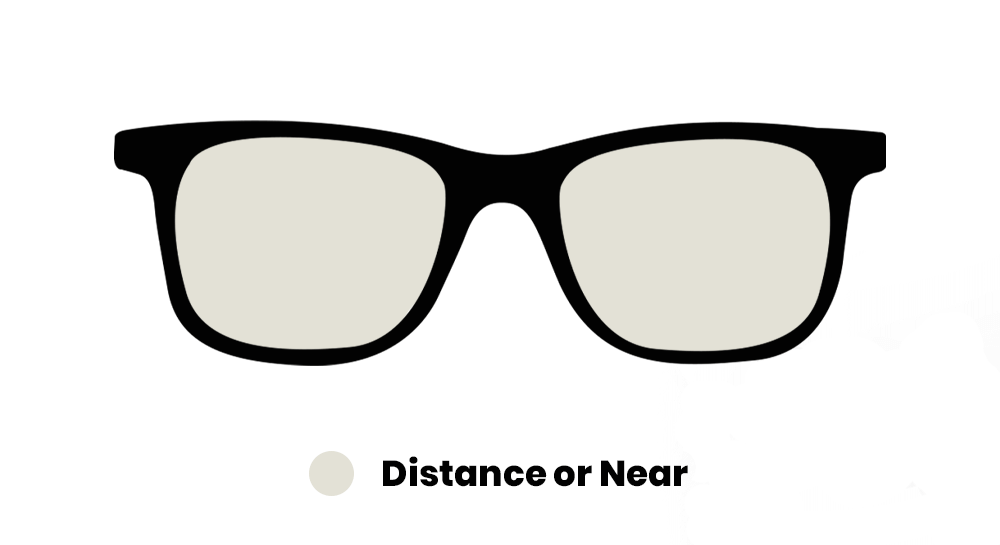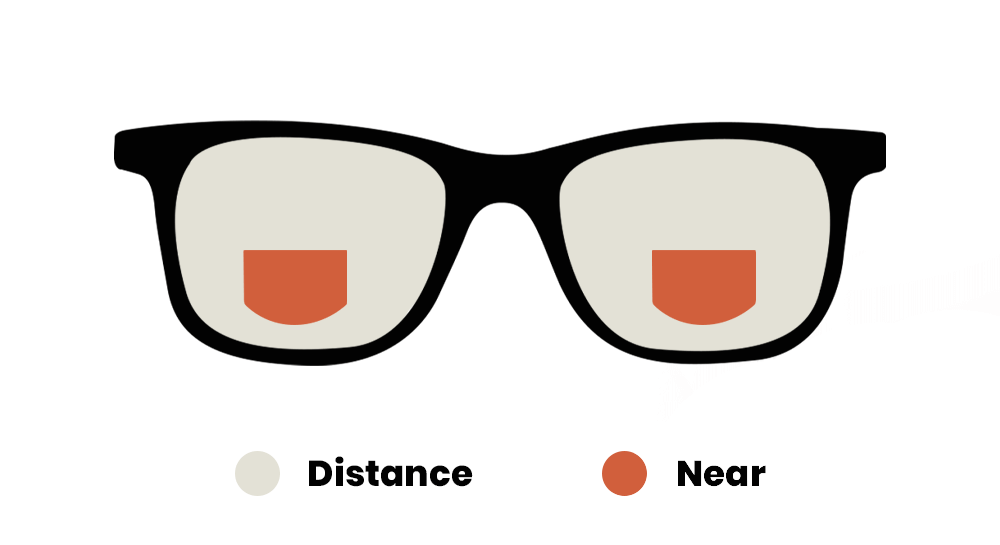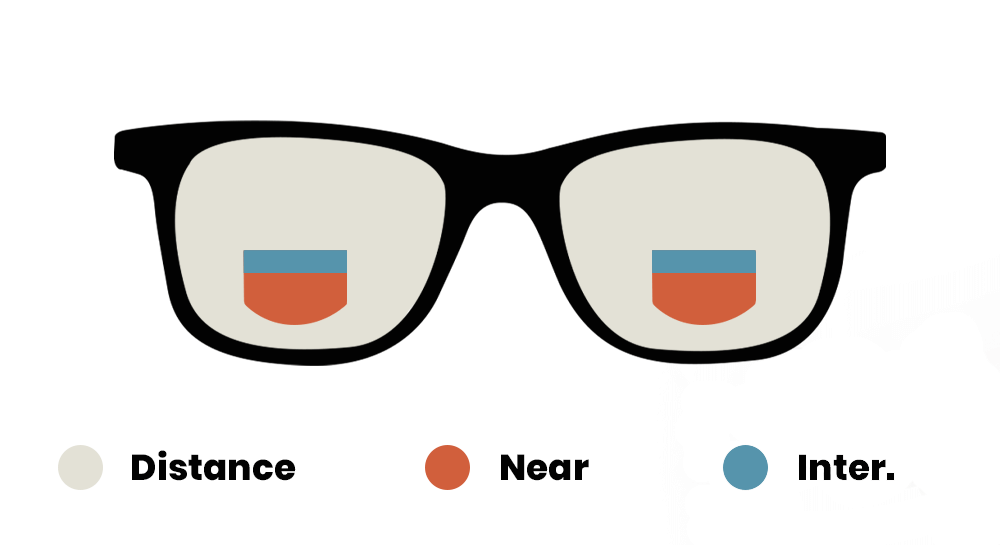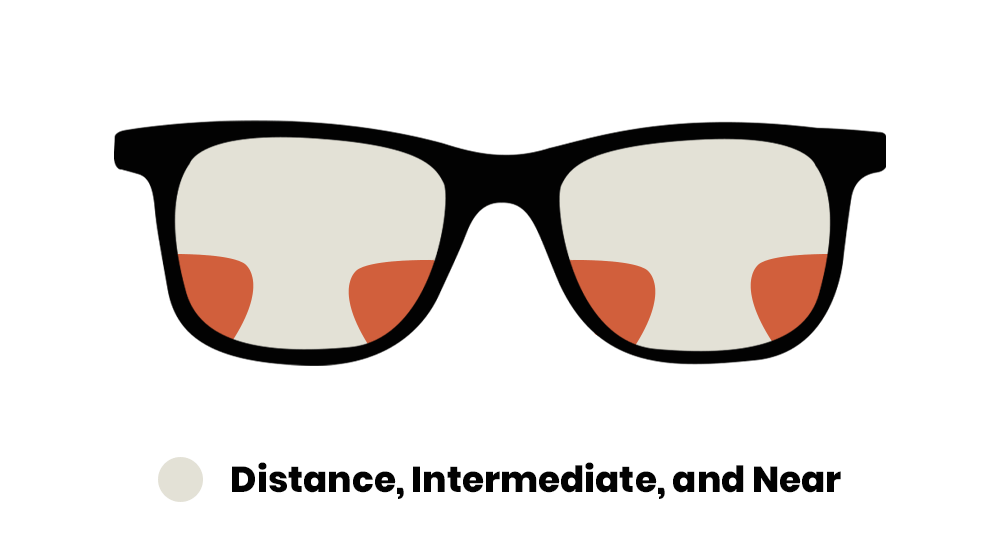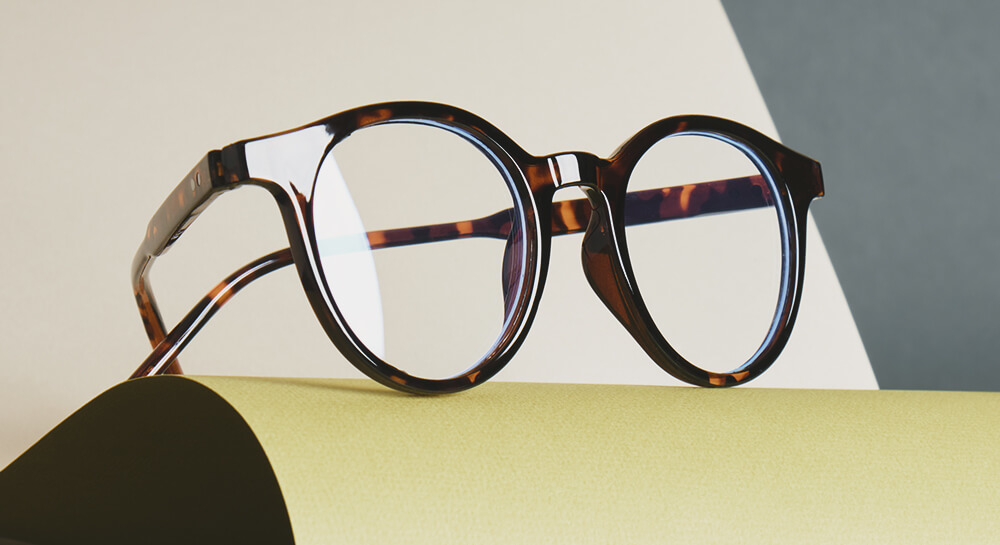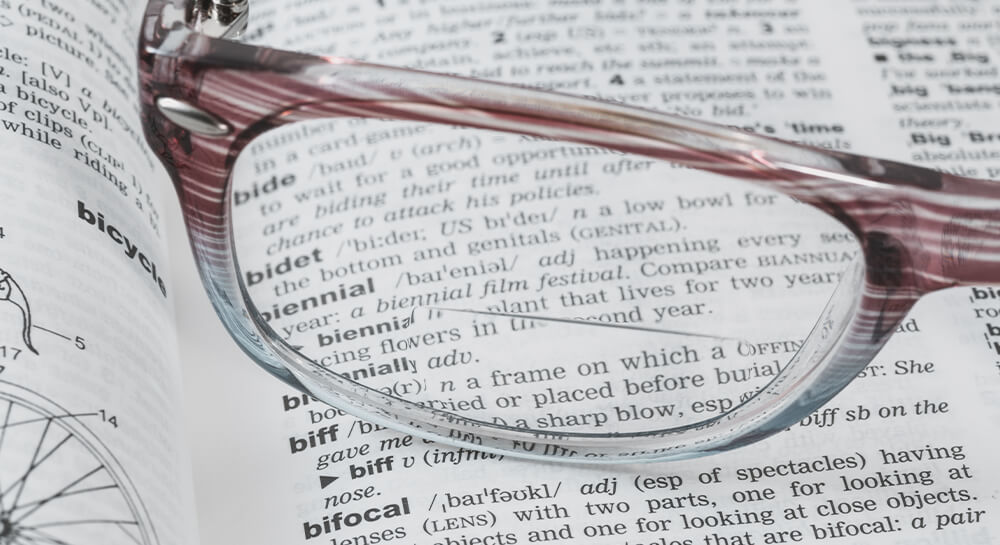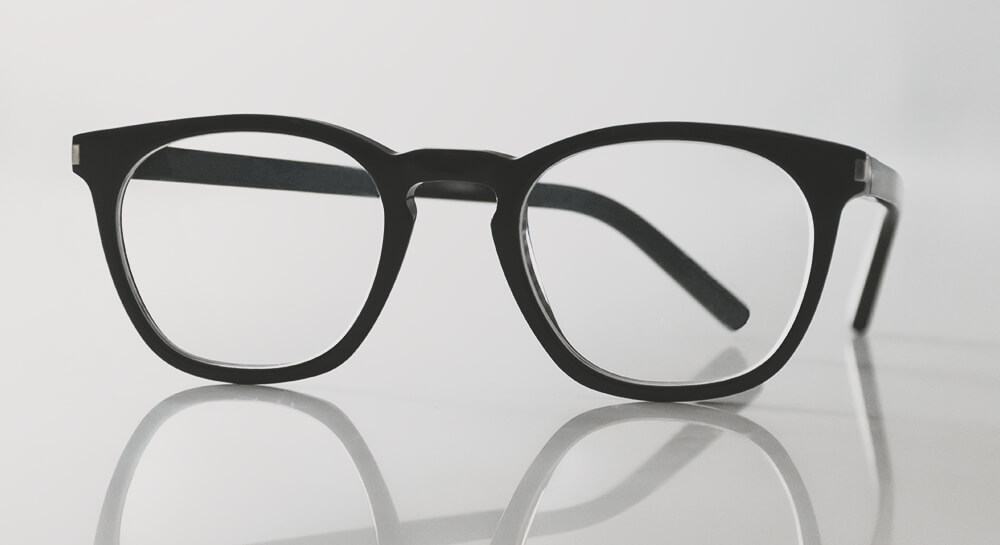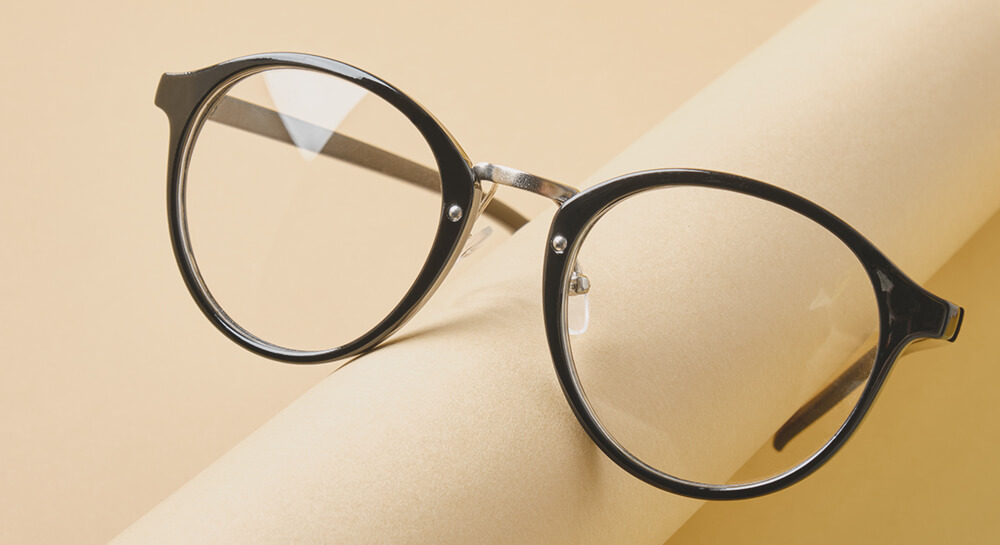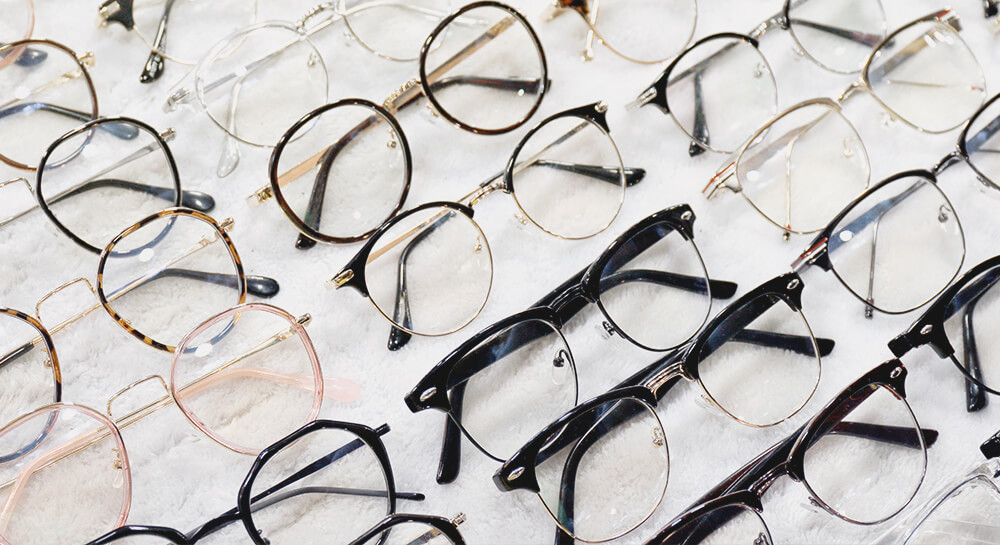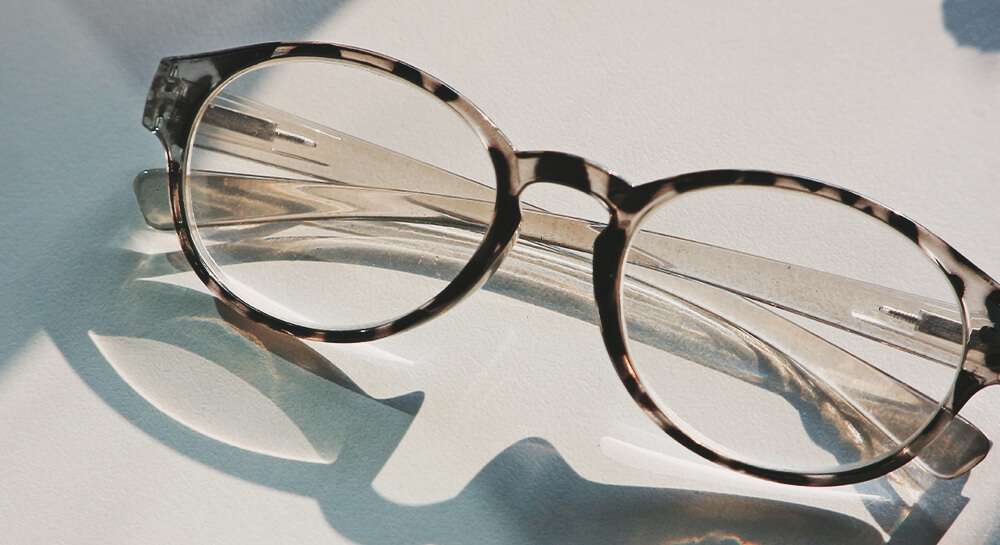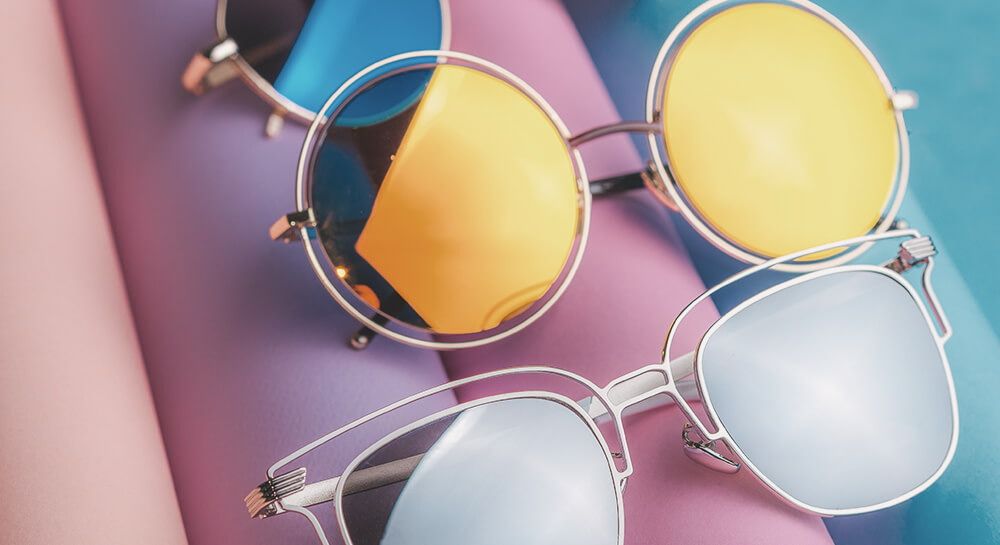If you wear glasses or you’re shopping around for a new pair, you’ve probably come across the term “polycarbonate lenses.” But what exactly are they, and why do so many opticians recommend them?
Let’s break it down in simple terms. Whether you’re a parent buying glasses for your child, someone with an active lifestyle, or just curious about lens materials, this guide will help you understand what makes polycarbonate lenses so popular.
First Things First: What Is Polycarbonate?
Polycarbonate is a type of plastic—but not your average plastic. It’s known for being exceptionally tough and impact-resistant, yet lightweight. Originally developed for industrial use, it quickly found its way into everyday products, from CDs and car headlights to safety glasses and, of course, eyeglass lenses.
What makes polycarbonate stand out is its ability to handle wear and tear without cracking or breaking. For glasses, that means more durability and less chance of damage if they’re dropped, bumped, or bent.
Why Choose Polycarbonate Lenses?
Here are a few key reasons why polycarbonate lenses are a smart choice for many people:
1. Impact Resistance
Polycarbonate lenses are up to 10 times more impact-resistant than regular plastic or glass lenses. That’s why they’re the go-to choice for:
- Kids’ eyewear
- Safety glasses
- Sports goggles
- Prescription sunglasses
If you’re rough on your glasses or tend to drop them a lot, polycarbonate can be a real lifesaver.
2. Lightweight Comfort
Nobody wants heavy glasses sliding down their nose. Polycarbonate lenses are lighter than traditional lenses, which makes them more comfortable to wear all day—especially if you have a strong prescription that typically requires thicker lenses.
3. Built-in UV Protection
Here’s something not everyone knows: polycarbonate naturally blocks 100% of harmful UV rays. That’s right—you don’t need to add a special coating or pay extra. This makes them a solid option if you spend a lot of time outdoors or want to protect your eyes from long-term sun damage.
4. Thinner Profile
Because of the material’s strength, polycarbonate lenses can be made thinner than regular plastic lenses while still being durable. If you’re someone with a strong prescription, this can mean less bulk and a sleeker look.
Are There Any Downsides?
While polycarbonate lenses have a lot going for them, they aren’t perfect for every situation. Here are a few things to consider:
– Scratch Resistance
Polycarbonate isn’t as naturally scratch-resistant as glass. However, most polycarbonate lenses come with a scratch-resistant coating, which helps prevent everyday wear and tear. It’s still a good idea to store your glasses in a case and clean them with a proper cloth—not your shirt.
– Optical Clarity
Some people feel that polycarbonate lenses don’t offer quite the same level of optical clarity as glass or high-index plastic lenses. For most users, this difference is barely noticeable, but if you have specific vision needs, it’s worth discussing with your optician.
How Do Polycarbonate Lenses Compare to Other Lens Materials?
To put it in perspective, here’s how polycarbonate stacks up against a few other common lens types:
| Lens Material | Durability | Weight | UV Protection | Clarity |
|---|---|---|---|---|
| Polycarbonate | Excellent | Light | 100% | Good |
| Standard Plastic (CR-39) | Fair | Moderate | Needs coating | Very good |
| High-Index Plastic | Good | Very light | 100% (with coating) | Very good |
| Glass | Poor (brittle) | Heavy | Needs coating | Excellent |
As you can see, polycarbonate lenses offer a balanced mix of safety, comfort, and protection, making them a great everyday option for most people.
Who Should Consider Polycarbonate Lenses?
While almost anyone can benefit from them, polycarbonate lenses are especially ideal for:
- Children – Because kids drop things (a lot).
- Active adults – Sports, outdoor activities, or jobs that involve physical work.
- People with demanding jobs – Construction workers, mechanics, and healthcare workers often need durable eyewear.
- Anyone prone to accidents – If you’ve ever stepped on your glasses or sat on them, you get it.
Polycarbonate lenses might not be the flashiest part of buying new glasses, but they’re definitely worth understanding. With their high impact resistance, lightweight feel, and built-in UV protection, they’re one of the most practical lens choices out there.
Next time you’re shopping for glasses, ask your optician if polycarbonate lenses make sense for your lifestyle. Chances are, they’ll check a lot of boxes for comfort, safety, and peace of mind.






